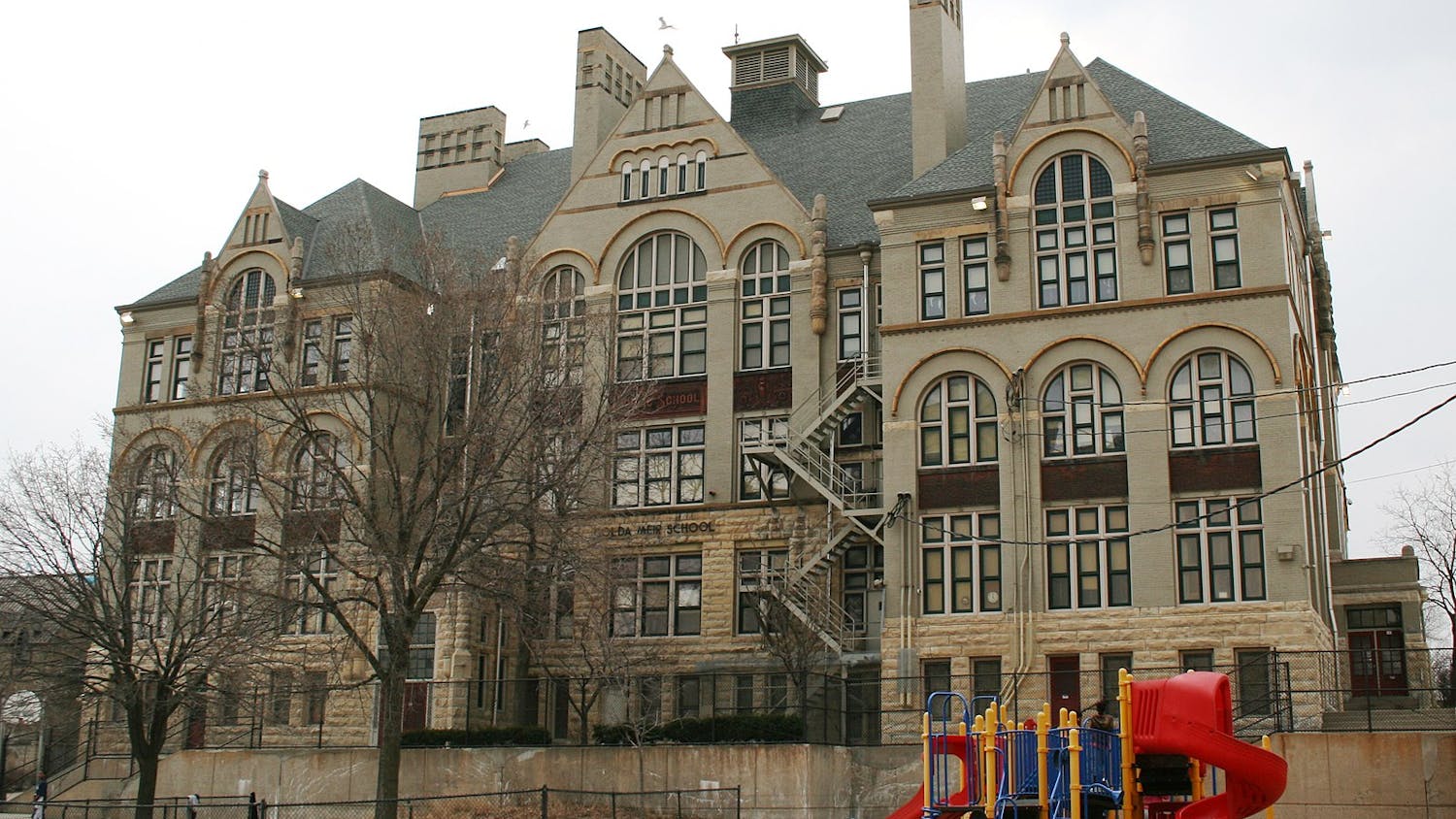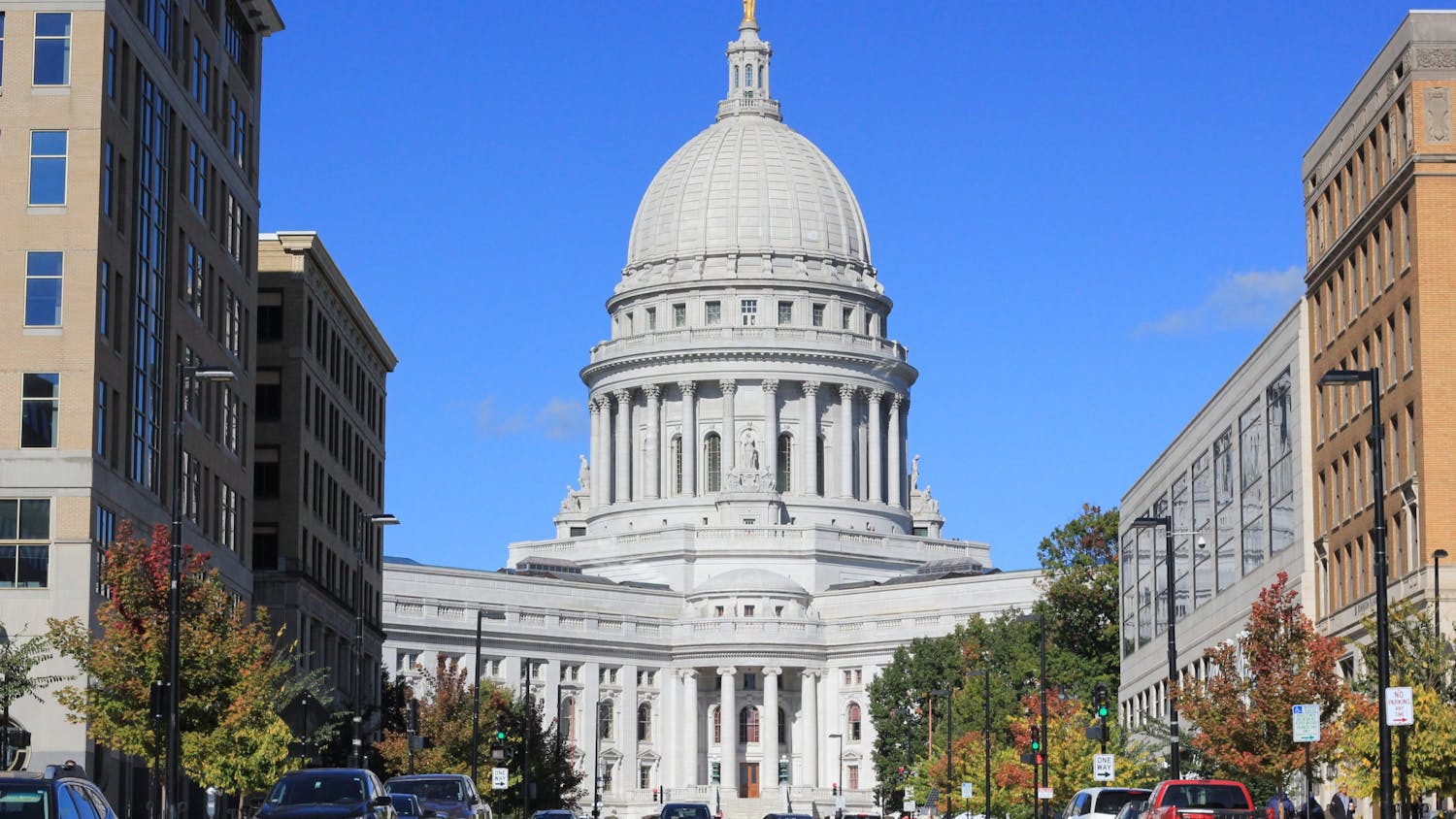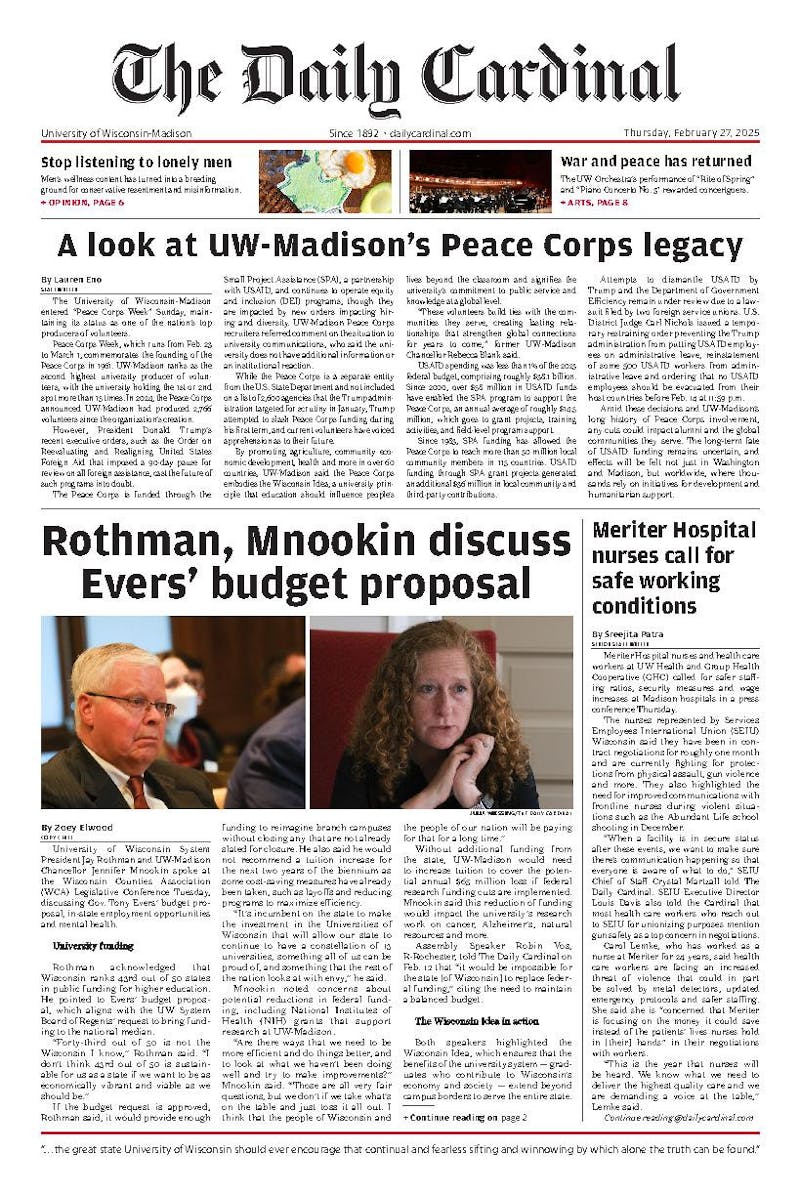Due to the economic hardships of COVID-19, UW-Madison announced full and partial layoffs of 35 people in its Division of Continuing Studies, or around 18% of its staff.
The Department of Continuing Studies(DCS) offers non-credit classes, courses and workshops to non-UW-Madison students, such as history and humanities, languages and behavioral health. DCS is self-supported through user fees and registration. The layoffs were limited to the division and were the first by the university in response to the pandemic, the Cap Times reported.
“A staff reduction is a last option and it is not a decision the DCS leadership came to lightly,” an email from DCS said. “We recognized that a situation like this will always be upsetting both to those directly impacted and their colleagues. We continue to share as much specific information as possible with employees in as timely a way as possible.”
In addition to the staff cuts, DCS also said it would “phase out” a number of programs including educational travel, creative writing and arts, along with select workplace training initiatives.
DCS’s non-credit programming received the largest reduction out of any department with 13 positions eliminated. Seven layoffs came from the strategy and integrated marketing and communications divisions, while the rest occurred in student services, the dean’s office and development and innovation.
Jeff Russell, UW-Madison Vice Provost for Lifelong Learning and Dean of DCS, also projected a 30 percent funding decrease and a $4 million deficit.
Supervisors informed their employees the cuts did not relate to their performance and were solely based on finances.
While the university implemented furloughs in April, DCS leadership said it would provide more information about potential furloughs, part-time working options and early retirement packages. However, a lack of communication in August led some to believe their positions would be safe.
“It’s a sad commentary on higher education and on this division that the educators and support staff are the first to go,” DCS Writing Program Director Christopher Chambers told the Cap Times. “The lack of transparency and the virtual silence from leadership about the extent of these cuts, with no acknowledgement of who is ‘experiencing a change in their work status’ and who for now remains employed, is disappointing but not surprising.”
Chambers said he received his two month’s notice in August. He will stay with DCS through October, while some of his colleagues will work slightly longer due to their tenure.
The cuts came a little over a week after DCS announced it would be cutting support for its community arts programs.
One of most affected initiatives will be the Wisconsin Regional Art Program (WRAP), which provides statewide workshops and opportunities for nonprofessional artists to exhibit their work.
WRAP celebrates its 80th anniversary this year.
According to Leslee Nelson, a UW-Madison professor emerita of art who served as the director of WRAP for 30 years until her retirement in 2012, the program symbolized the perfect example of the Wisconsin Idea — that education should influence people’s lives beyond the boundaries of a traditional classroom.
The Wisconsin State Journal reported that the Association of Wisconsin Artists (AWA) will take over the implementation of WRAP. The AWA is a 56 year old nonprofit that supports WRAP and other community art initiatives.
A challenge faced by the absorption of the two programs will be transitioning from paid employees to volunteer positions.
“As a totally volunteer organization, we get stretched pretty thin and people put in a lot of hours making sure AWA works, and now to add this program is going to be another thing that we’re going to have to figure out,” Beverly Larson, a 10 year AWA board veteran said. “We’ll have to see if we can find someone who’s going to be willing to step up and basically marshal this program for us.”
As funding for the arts is cut, creative outlets for the Madison community become more limited.
Wisconsin ranks 50th in the United States in per capita public funding for the arts, according to the National Assembly of State Arts Agencies.
“The university was supporting people to go out and provide cultural and art experiences and education for everybody who lived in Wisconsin,” Nelson said. “I think a big part of people being excited and feeling proud about participating is because it’s the University of Wisconsin. If it stops being that, I think it will slowly diminish.”






